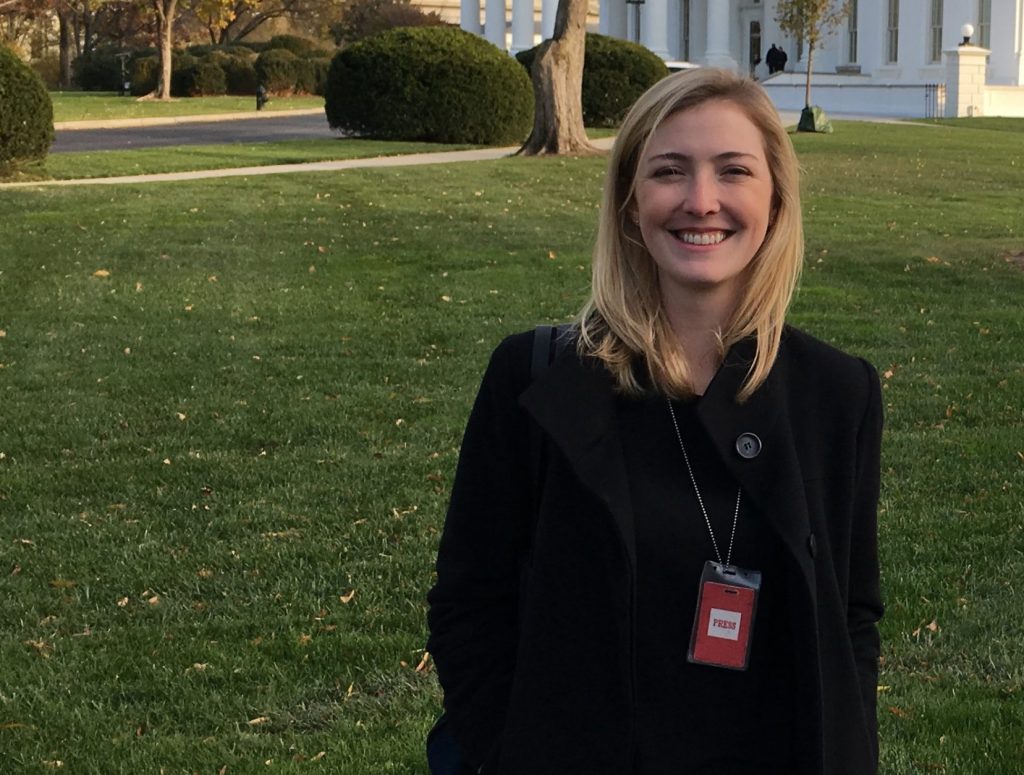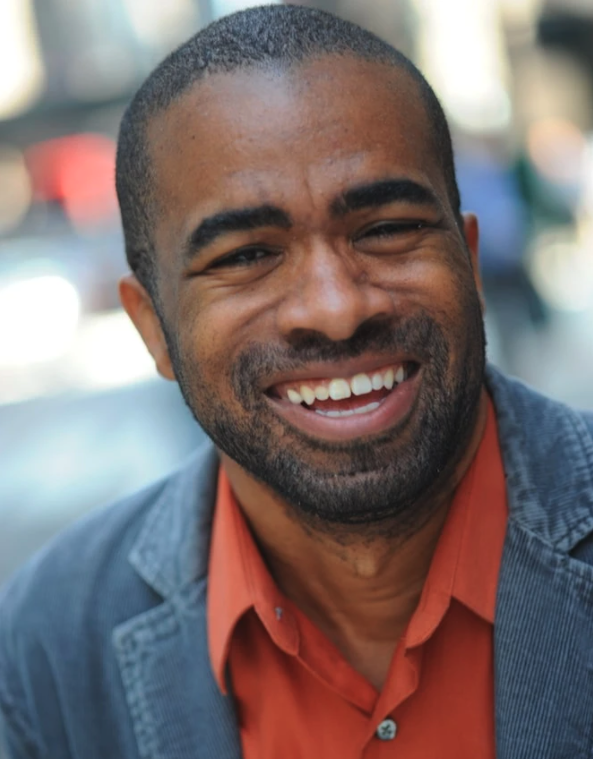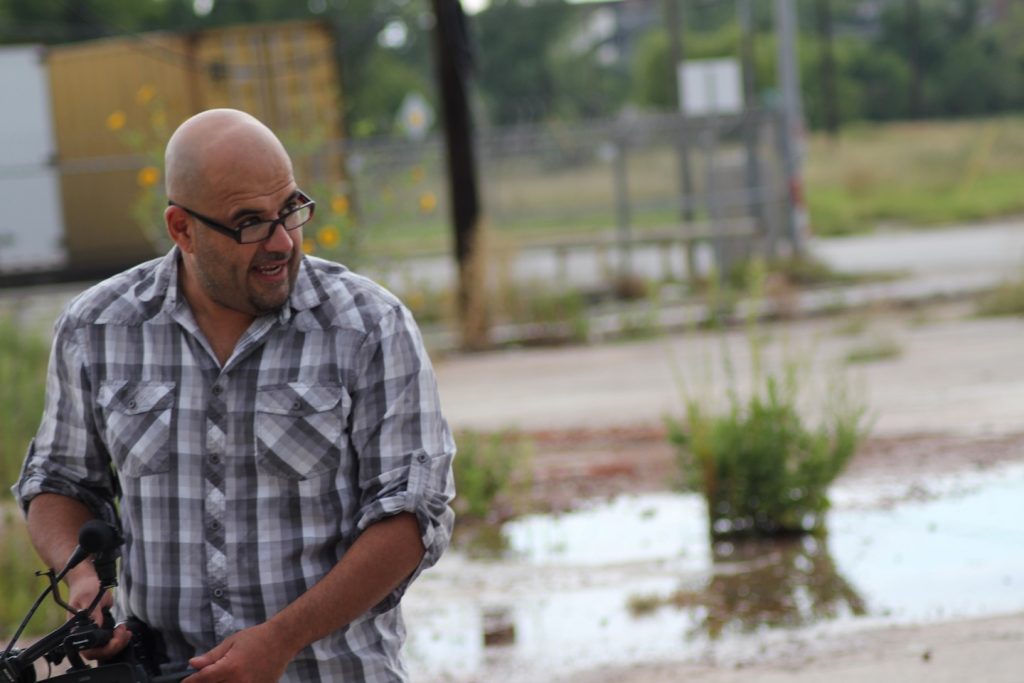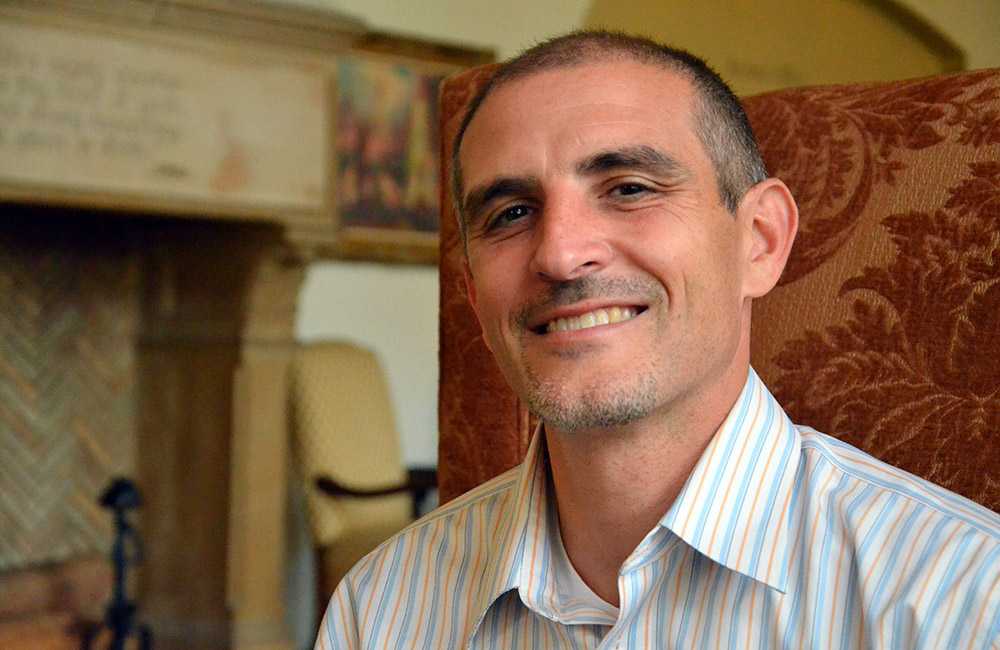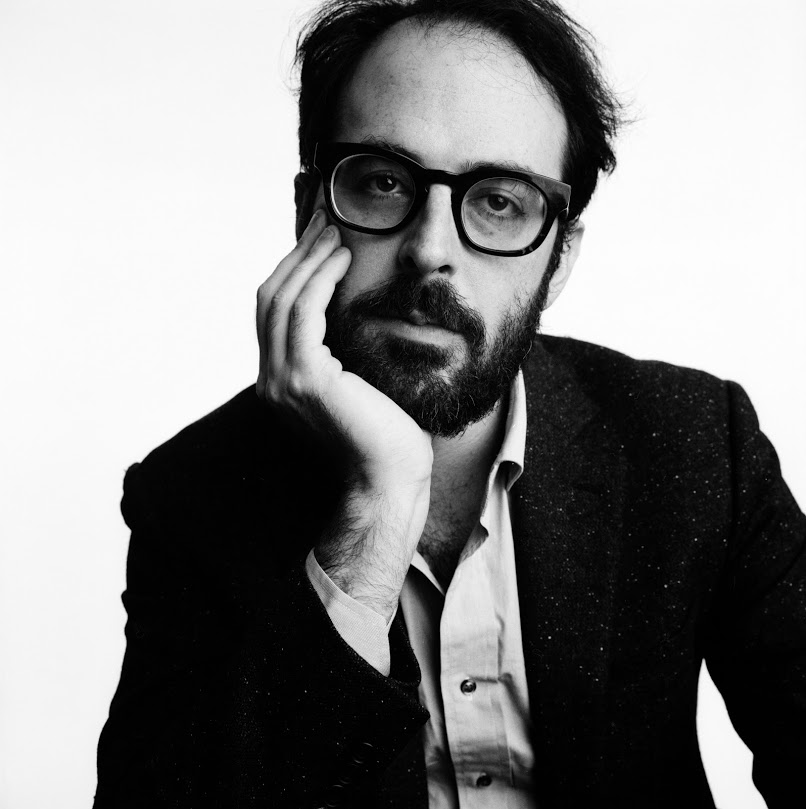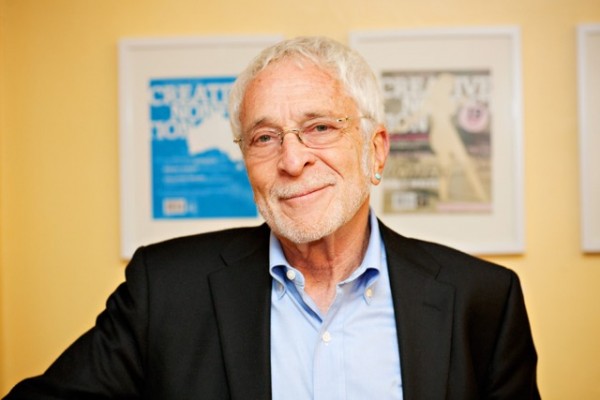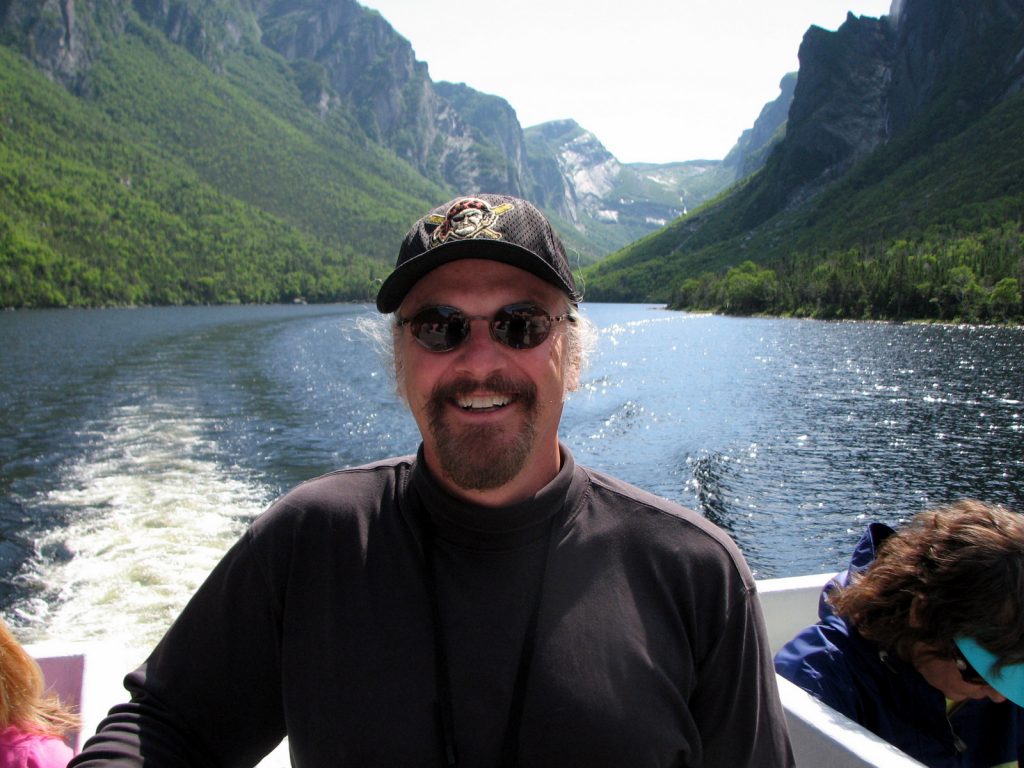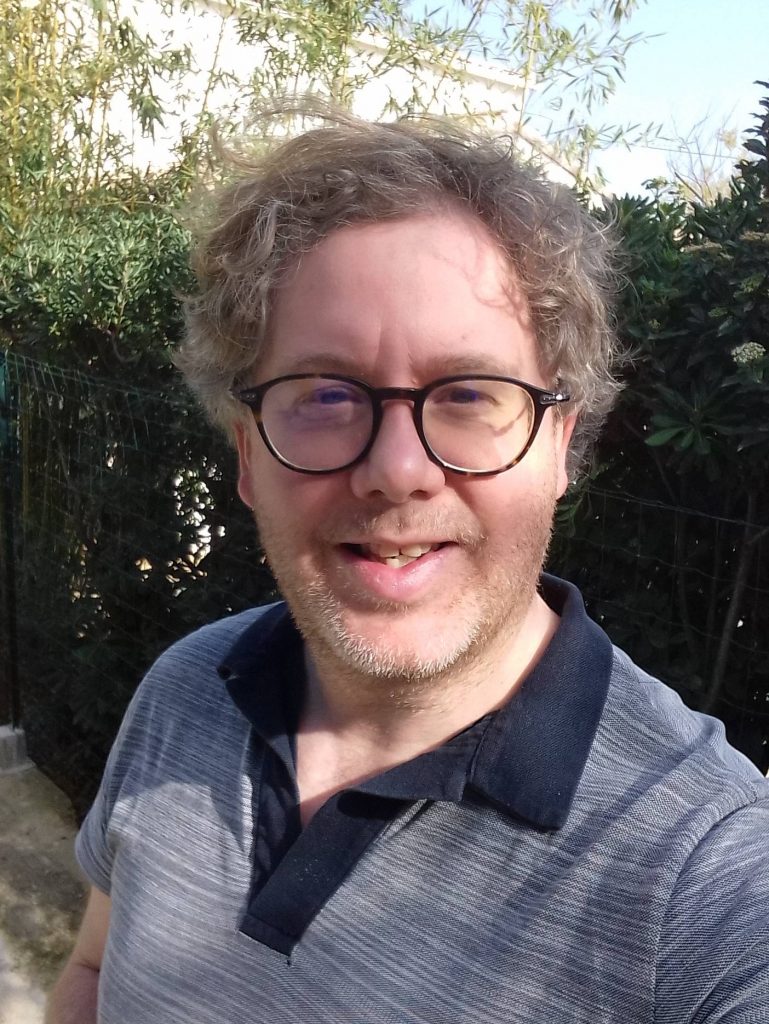
Phil Hoad (@phload) is a journalist based in the south of France and his latest piece is featured in The Atavist. It’s titled “Cat and Mouse.”
It tells the story of two animal rights activists and their drive to find who they think is a serial killer of cats, rabbits, and foxes, but mainly cats.
In this bonus episode, I speak with lead editor Jonah Ogles (@jonahogles) about Phil’s pitch, what makes certain pitches have legs while others don’t, and the importance of figuring out how to end things. It’s much like when I spoke with Atavist editor-in-chief Seyward Darby.
Then Phil unpacks the story from there.
Continue reading “Episode 245: Phil Hoad and his Atavist Story ‘Cat and Mouse’”